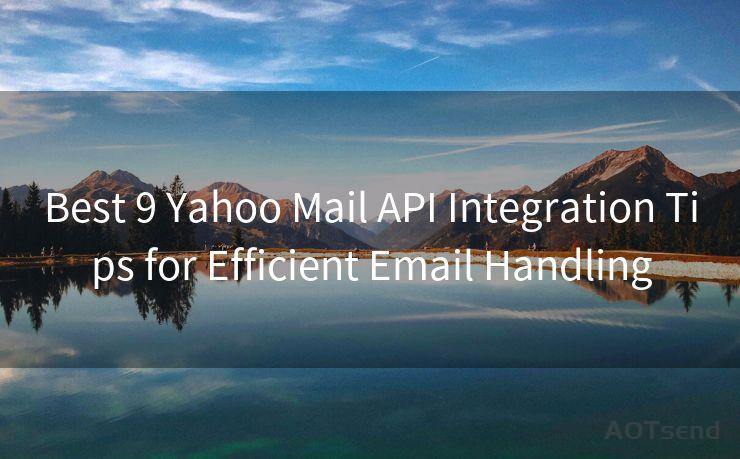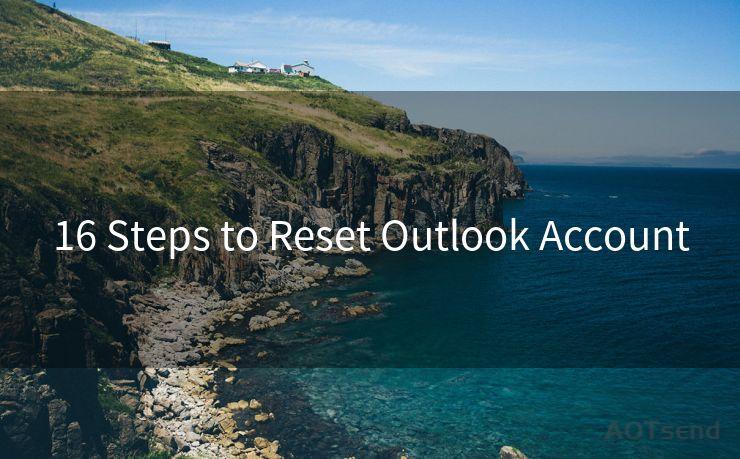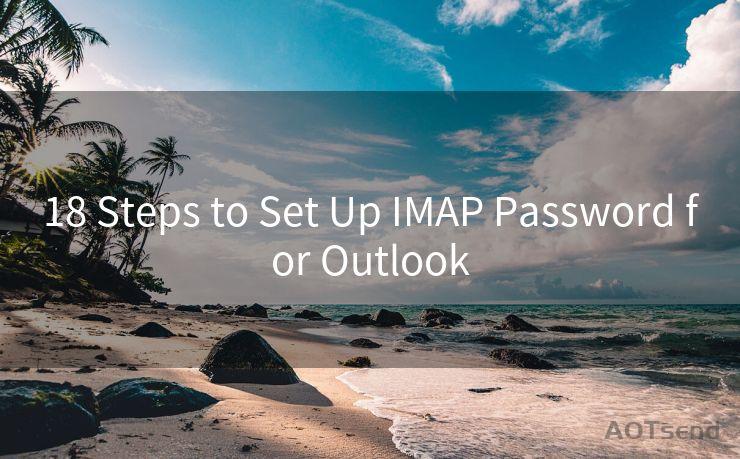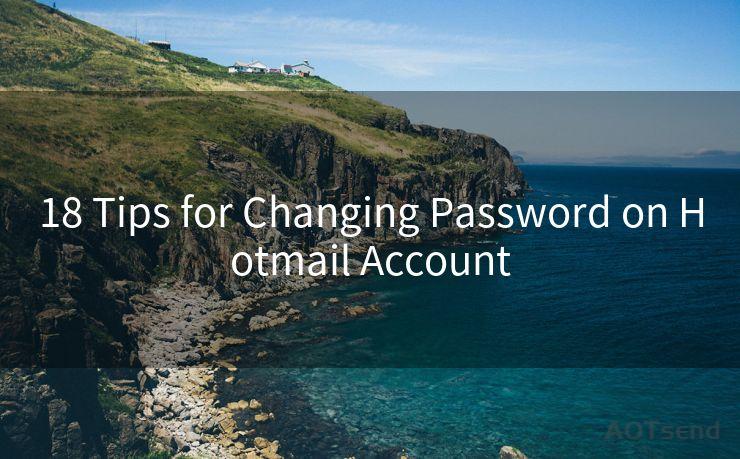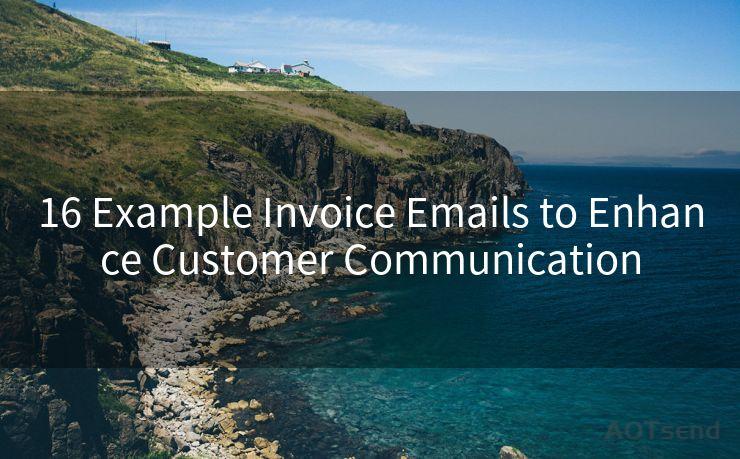18 Gmail API Laravel Integration Tips
Hello everyone, I’m Kent, the website admin. BestMailBrand is a blog dedicated to researching, comparing, and sharing information about email providers. Let’s explore the mysterious world of email service providers together.




When it comes to integrating the Gmail API with Laravel, there are several key considerations and best practices that can make the process smoother and more efficient. In this article, we'll explore 18 tips to help you successfully integrate the Gmail API into your Laravel project.
1. Understanding the Gmail API
Before diving into the integration, it's crucial to have a solid understanding of the Gmail API and its capabilities. Familiarize yourself with the different methods and endpoints it provides, as this will be the foundation of your integration.
2. Setting Up Your Gmail API Project
Ensure you have a Google account and create a new project in the Google Cloud Platform. Enable the Gmail API for your project and create credentials for authentication.
3. Laravel Project Setup
If you haven't already, set up your Laravel project. Make sure your Laravel installation is up to date and all dependencies are properly configured.
4. Installing the Gmail API Client Library
Utilize Composer to install the Google API client library for PHP, which will facilitate communication between your Laravel app and the Gmail API.
5. Configuring Authentication
Implement OAuth 2.0 authentication to allow your Laravel application to access Gmail data on behalf of the user. Use the credentials you created in step 2.
6. Handling Authentication Tokens
Properly store and manage authentication tokens. Laravel provides secure ways to store sensitive information, such as environment variables or the built-in encryption features.
7. Error Handling
Implement robust error handling mechanisms to catch and manage any exceptions or errors that may occur during the API calls.
8. Testing Your Integration
Conduct thorough testing to ensure your integration works as expected. Utilize Laravel's built-in testing tools to automate this process.
9. Optimizing Performance
Optimize your code for performance, especially when dealing with large datasets or frequent API calls. Consider using caching mechanisms to reduce the number of API requests.
10. Securing Your Application
Follow best practices to secure your Laravel application, including protecting routes, validating input, and sanitizing user-provided data.
11. Utilizing Laravel's Eloquent ORM
If you're storing Gmail data in your database, leverage Laravel's Eloquent ORM to simplify data manipulation and retrieval.
12. Handling Pagination
When fetching large amounts of data from the Gmail API, implement pagination to improve performance and usability.
13. Monitoring and Logging
Set up monitoring and logging to track API usage, errors, and performance. Laravel provides logging facilities that can be easily integrated.
14. Staying Up to Date
Keep your Laravel project and dependencies up to date to ensure compatibility with the latest Gmail API changes.
15. Managing Rate Limits
Be aware of Gmail API rate limits and implement strategies to avoid exceeding them, such as exponential backoff for retries.
16. Documenting Your Integration
Document your integration process thoroughly, including any customizations or workarounds you implemented.
17. Getting Help from the Community
If you encounter issues, don't hesitate to seek help from the Laravel and Gmail API communities. There are numerous resources and forums where you can find assistance.

18. Continuous Integration and Deployment
Set up continuous integration and deployment (CI/CD) pipelines to automate testing and deployment of your Laravel application, ensuring a smooth and error-free release process.
By following these 18 tips, you can successfully integrate the Gmail API into your Laravel project, unlocking the power of Gmail's functionality within your web application. Remember to always refer to the official Gmail API documentation and Laravel's best practices for the most up-to-date information and guidance.




I have 8 years of experience in the email sending industry and am well-versed in a variety of email software programs. Thank you for reading my website. Please feel free to contact me for any business inquiries.
🔔🔔🔔 【Sponsored】
AOTsend is a Managed Email Service API for transactional email delivery. 99% Delivery, 98% Inbox Rate.
Start for Free. Get Your Free Quotas. Pay As You Go. $0.28 per 1000 Emails.
You might be interested in:
Why did we start the AOTsend project, Brand Story?
What is a Managed Email API, How it Works?
Best 24+ Email Marketing Service (Price, Pros&Cons Comparison)
Best 25+ Email Marketing Platforms (Authority,Keywords&Traffic Comparison)
Scan the QR code to access on your mobile device.
Copyright notice: This article is published by AotSend. Reproduction requires attribution.
Article Link:https://www.bestmailbrand.com/post7241.html

